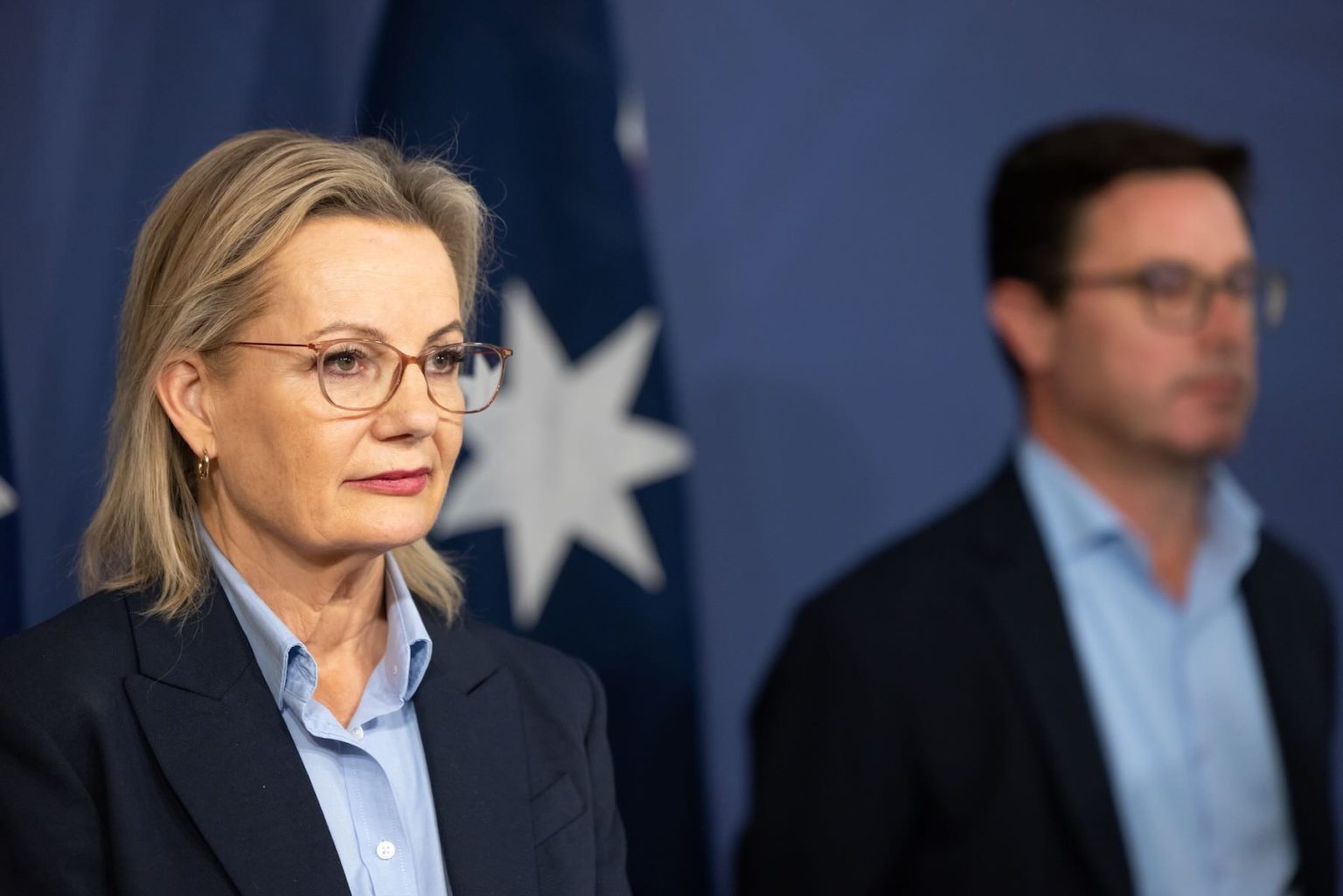Listen to the article
Senate Investigation Uncovers Alarming Energy Policy Misinformation
A Senate committee investigating the integrity of climate and energy information in Australia has revealed disturbing examples of misinformation, with the Liberal Party’s newly released energy policy emerging as perhaps the most concerning case of all.
The committee has received hundreds of submissions ranging from what observers characterize as “downright batty” to “entirely self-serving.” However, critics argue that the Liberal Party’s energy policy document, titled “Affordable and responsible: The Opposition’s Plan for affordable energy and lower emissions,” represents a comprehensive collection of debunked climate and energy myths presented as serious policy.
The document promotes several contested claims, including assertions that renewable energy cannot power a modern economy, is prohibitively expensive, will lead to blackouts, and that the party’s policies remain consistent with Australia’s Paris climate treaty obligations.
Liberal leader Sussan Ley recently claimed that a single solar inverter was responsible for the major blackout in the Iberian Peninsula earlier this year, suggesting excessive wind and solar power were to blame. Energy experts counter that the blackout resulted from grid management protocols rather than renewable energy sources.
South Australia stands as a direct contradiction to the Liberal Party’s claims. Despite experiencing a blackout in 2016, the state now boasts Australia’s most reliable grid, with wind and solar providing approximately 75% of its electricity—nearly double the percentage since that incident. The state routinely exceeds 100% of its electricity demand from renewable sources, storing excess power in batteries or exporting to neighboring states.
Western Australia offers another compelling example, with its isolated grid—unconnected to other states—achieving a remarkable 89% peak share of wind and solar power without grid stability issues. Energy specialists note that modern grid management approaches and battery technology have effectively addressed integration challenges.
On the financial front, the Liberal Party continues to cite a debunked $9 trillion figure as the cost of achieving net zero emissions. The authors of the cited Net Zero Australia report have clarified that the actual “additional cost” according to their modeling is approximately $300 billion over 25 years—a fraction of the claimed amount. Nevertheless, Coalition MPs continue distributing materials to constituents claiming “Labor’s $9 trillion net zero plan” would jeopardize essential services like Medicare.
The Liberal policy document also misrepresents data from the Australian Energy Market Operator (AEMO) regarding future energy reliability. While citing AEMO’s Electricity Statement of Opportunities to claim all mainland states will face reliability standard breaches, the party omits AEMO’s actual conclusion: “AEMO forecasts sufficient generation capacity to meet growing electricity demand within the relevant reliability standards in most regions and years in the next decade so long as these investments are delivered to schedule.”
Critics note the selective use of AEMO data, with the Liberal document including only projections based on currently committed projects while excluding the full range of planned developments under state and federal schemes. When these additional projects are included, AEMO forecasts show no predicted reliability shortfall.
Perhaps most controversial is the Liberal Party’s assertion that abandoning the net zero target remains consistent with Australia’s Paris climate treaty commitments. Climate spokesman Dan Tehan wrote in The Australian that “The Paris Agreement does not mandate net zero for Australia. Countries choose their own path, their own policies and their own targets.”
Energy policy analysts counter that the treaty explicitly prohibits backsliding on commitments and requires accelerated action with improved targets every five years. For developed, high-emission countries like Australia, they argue climate science indicates net zero should be achieved well before 2050, not afterward.
The Senate investigation continues amid growing concern about the quality of information informing Australia’s critical climate and energy policy decisions.
Fact Checker
Verify the accuracy of this article using The Disinformation Commission analysis and real-time sources.




8 Comments
This is a concerning pattern of misrepresenting the realities of renewable energy and climate change. Spreading false information, even in official policy documents, is unacceptable. The public deserves honest, evidence-based dialogue from their elected leaders.
The allegations of misinformation in this energy policy are troubling. Renewable energy has become a cost-effective and reliable part of the energy mix. Dismissing its potential seems more politically motivated than grounded in facts. I hope the investigation leads to greater transparency.
Absolutely. Policymaking should be driven by the latest scientific and economic data, not outdated talking points. Misleading the public on these critical issues is a disservice to democracy.
Misinformation and disinformation around complex issues like energy and climate are troubling, especially when pushed by political parties. A rigorous, fact-based policy debate is crucial. I hope this investigation leads to more transparency and accountability.
I agree. Policymaking should be rooted in scientific evidence, not partisan rhetoric or ideological agendas. Robust fact-checking and public scrutiny are essential.
Spreading misinformation, even in official policy documents, is unacceptable. The public deserves honest, fact-based dialogue from their elected leaders. I hope this investigation leads to greater transparency and accountability around these critical energy and climate issues.
This is a concerning example of how political parties can distort facts to suit their agenda. Promoting debunked myths as policy is irresponsible and erodes public trust. I hope this investigation leads to more accountability and a return to evidence-based policymaking.
This certainly raises serious questions about the credibility and integrity of the policy claims. Promoting debunked myths as facts is concerning and undermines public trust. I’m curious to see how the investigation progresses and if any accountability emerges.